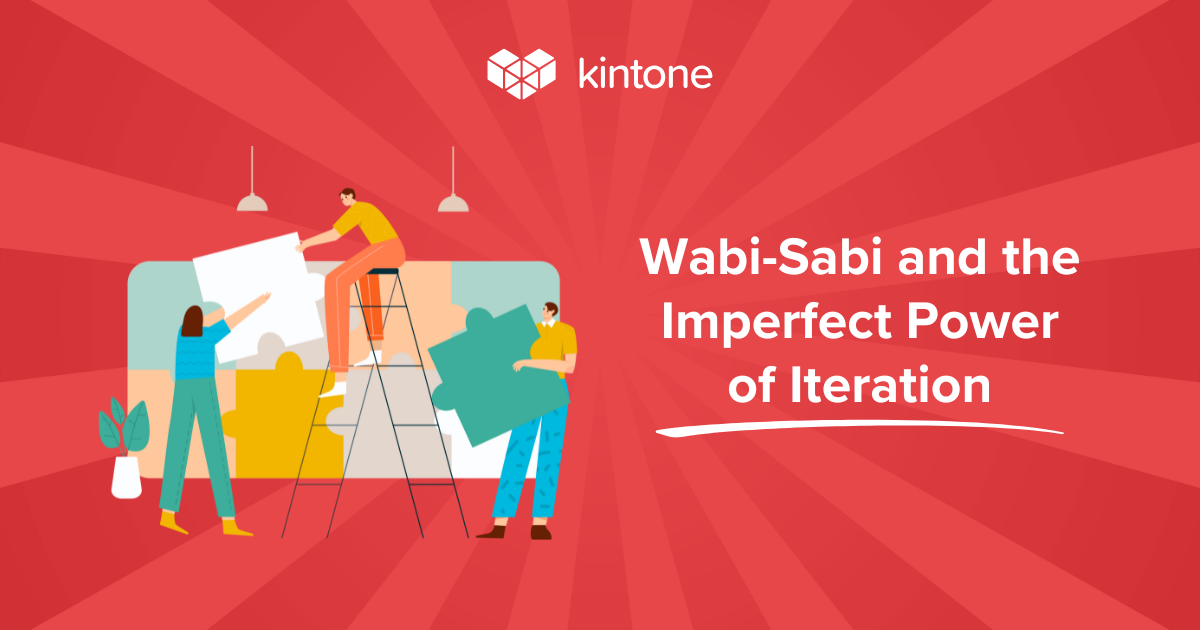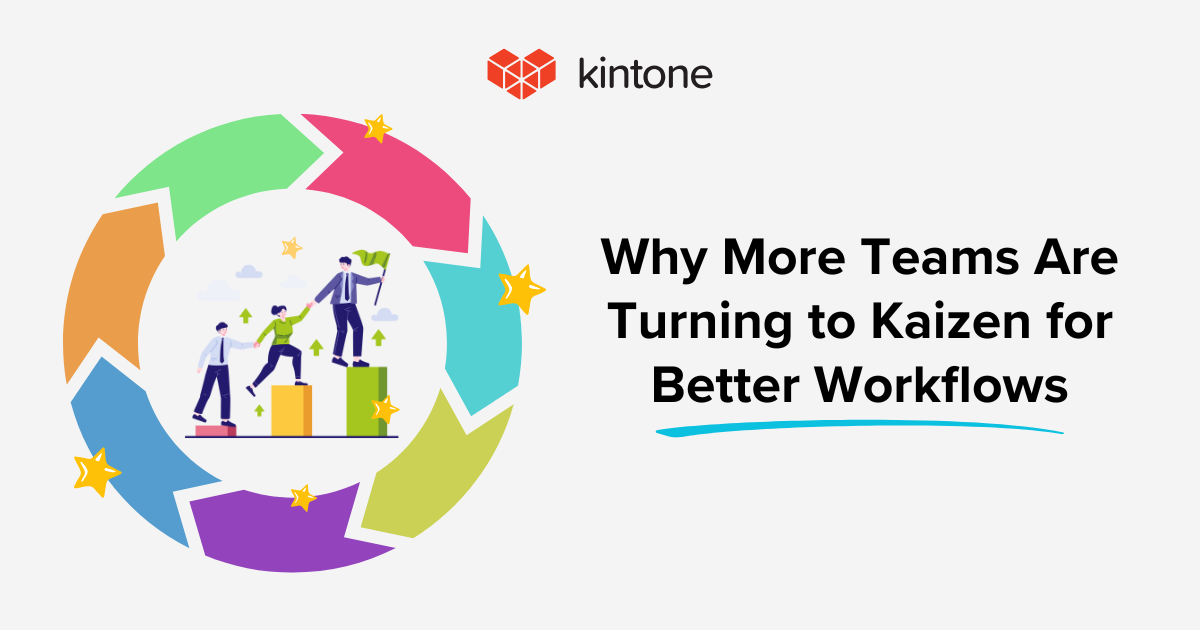Change is happening every day, if not every moment, at your organization. New projects are constantly in motion to increase profits and improve your competitive advantage.
Yet managing change tends to be placed on the back burner for many organizations. It's something that would be "nice to have," but not a priority. At the end of the day, that mentality is hurting business' bottom lines.
Data repeatedly shows that implementing change management strategies can enable organizations to successfully complete more projects.
Prosci, an independent research company in the field of change management, gathered data from over eight years and found that initiatives with excellent change management are six times more likely to meet objectives than those with poor change management.
Even a subtle difference between "poor" and "fair" increases the likelihood of meeting project objectives by three-fold.
There's more research to back up those claims.
In the mid-2000s, a McKinsey study based on 40 large scale industrial change projects found that the ROI of large projects was 143% when an excellent change management program was used but only 35% when there was a poor change management program, or none at all.
A 2004 PricewaterhouseCoopers' study of 200 companies also found a clear link between change management, high performance and a high project management maturity level.
Despite all this clear data, many companies still spend a considerable amount of time and money training people in project management methodologies and tools, but rarely invest the same way for change management.
As a result, many of the people risks are overlooked and lead to project delays or all together failures.
Change management should be part of any project management process to anticipate those people risks. But before we dive into ways for incorporating change management practices, let's define the key differences between project management and change management.
Project management is the organization and management of resources built around events and timelines that ensure an organization completes a project defined by time, budget, quality standards and scope. It's a method for getting projects done.
Change management is about implementation. It focuses on company culture and people to help an organization achieve the benefits expected from the project. It enables transition from one stage to another.
Project management and change management both aim to increase the likelihood that projects or initiatives deliver the intended results and outcomes. Although each discipline can function independently, Prosci says the most effective approach is to integrate change management and project management to create a unified approach to implementing change.
Here are some ways you can bring change management to your projects and overall organization:
1. Try some change management exercises with your team
Effective change management helps leaders anticipate people's negative reaction to change. It's human nature for people to react to change with fear and anxiety. These exercises can help your team understand and learn how to manage change:
The blog "Change" listed 7 engaging exercises you can try with your team. Among them was the "P-P-P-P (Project, Purpose, Particulars and People) Exercise." In this exercise:
"Employees work in groups and divide a large sheet of paper into four columns, one for each of the P’s. Then they should go through each project and consider why it is being undertaken, what the specific changes required will be and who will be affected. This activity helps to take the uncertainty out of change and breaks it down into small chunks that are easier for employees to handle."
View more change management exercises on the Change blog and Gartner blog.
2. Find project managers with good interpersonal skills
The reason for a lot of project management failure is traced back to a lack of people skills, and understandably so. It can challenging for many task-orientated project managers worried about timelines and budgets to focus on building strong interpersonal relationships at the same time.
Traditional project manager methodologies typically offer little guidance in how to motivate people or compassionately address a team member's fears and doubts over new projects and how it will affect their jobs in the future.
Finding project managers that are good at listening and understanding people helps prevent the unanticipated people-risks that could take a project off track. And at the end of the day, who doesn't want to build rapport with people working toward a common goal?
3. Get stakeholder and organizational support
Prosci benchmarking has found that the top reason for resistance to change by employees and managers is due to a lack of leadership commitment.
Project managers need to show leaders the value of a structured approach to change management. That can be difficult if change management is seen a secondary and not a needed aspect of a project, especially if it costs money and resources. Pcubed change management expert Darius Johnson said project managers will have better luck showing the value of change management methodology when it's framed around the benefit to the bottom line, ROI targets and creating a compliant workforce.
Final Thoughts...
Integrating change management with project management is vital for ensuring successful project completion and implementation, but it requires a commitment from everyone on the team. It could be a rocky start, but with practice and persistence, your organization can break free from the cycle of high-levels of project failure with a people-focused approach to project management.
Found this article useful? Download the Transformation Talk eBook featuring 10 interviews with Change Management Leaders
About the Author
Nicole is Director of Marketing at Kintone, with 10+ years experience in content strategy, campaign management, lead acquisition and building positive work cultures of empowered, purpose-driven team members. She spent seven years as a journalist, previously serving as a CBS San Francisco digital producer, NPR contributor, Patagon Journal deputy editor and reporter for several publications, including the Chicago Tribune. She's passionate about the tech for good space, social entrepreneurship and women leadership. On the weekends, you’ll likely find her putting her Master Gardener skills to use in at community gardens in Oakland.












